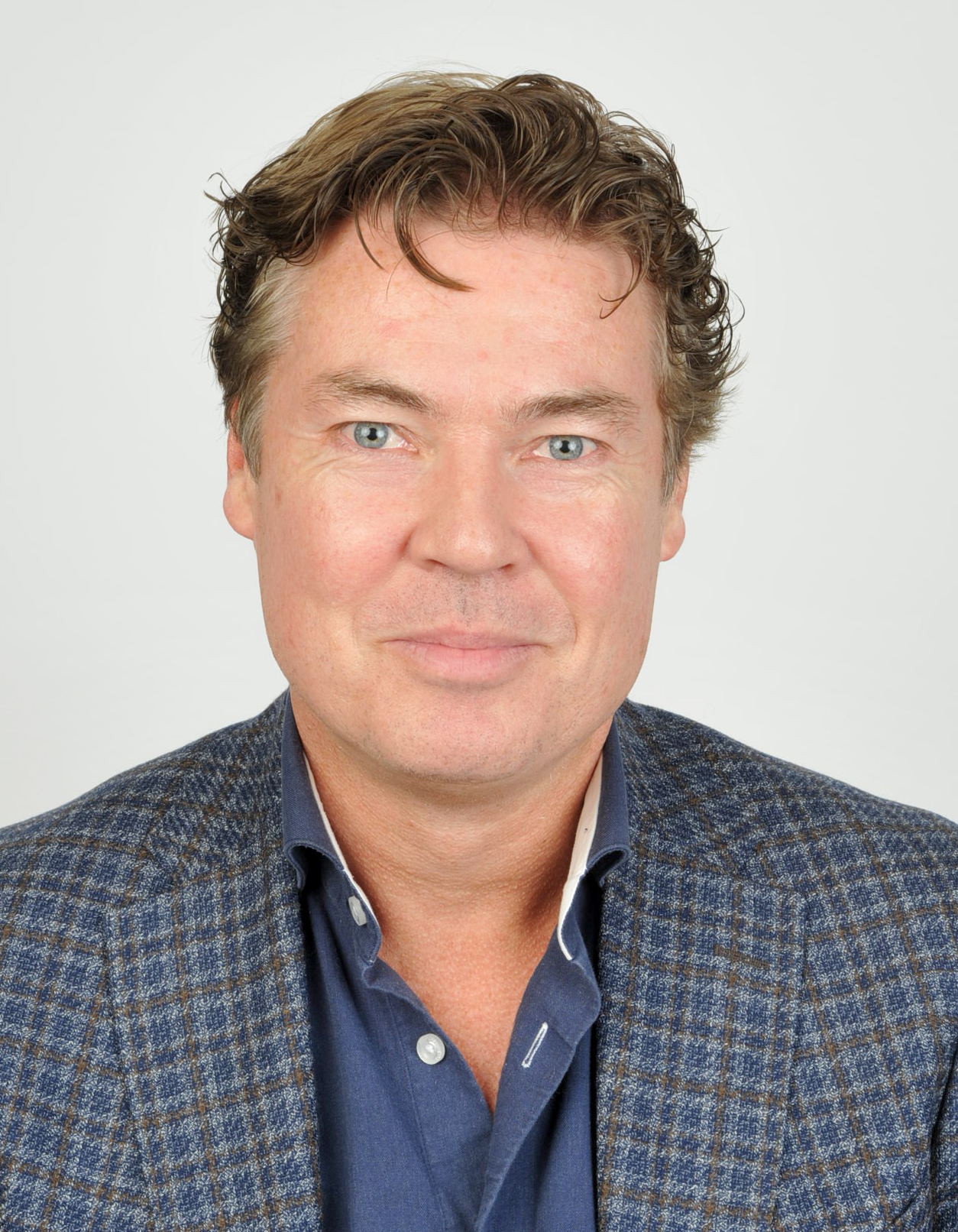| Publications / publicaties |
| Media |
| Teaching / onderwijs |
| Student testimonials / reacties van studenten |
| Resume / CV |
| Contact |
| Links |
Welcome to my site! / Welkom op mijn site!
|
I am a Full Professor at the Maastricht Graduate School of Governance (0.2 fte), an Associate Professor of Sociology at Erasmus University Rotterdam (0.6 fte), and a research fellow at the Research and Documentation Centre (WODC) of the Dutch Ministry of Justice and Security (0.2 fte).
I have a PhD in Sociology and Political Science from the University of Amsterdam. My research has been published in various highly-ranked journals in migration studies, sociology, criminology, law, political science, social policy studies and urban studies. I contributed to two books by Oxford University Press. In 2009, Amsterdam University Press published my dissertation: Illegal Residence and Public Safety in the Netherlands.
In my view, it is crucial for social scientists to also engage with governments, NGO's and the wider public. I have contributed to various reports for the Dutch government and parliament, the European Commission, for local governments (Amsterdam and Rotterdam) and the national police. I also regularly advise Dutch and international NGO's. I occasionally write blogs and op-eds, and regularly comment on the news in the Dutch and other European media.
Most of my teaching is at Erasmus University Rotterdam (Master programme Governance of Migration and Diversity, and Sociology bachelor programme, year 3). In Maastricht I teach in the Master Programme Public Policy and Human Development. I supervise PhD students at both universities.
Below, you can find a short explanation of my main research interests.
Research themes
There has been a selective securitization of migration since the 1990s: irregular migration and asylum migration in particular, are increasingly seen as a socio-economic threat (such as to the welfare state or economic privilege), a cultural threat (undermining ‘Western values’), or as a threat to public safety (terrorism and immigrant crime). That process has coincided with heightened efforts by governments to selectively restrict international migration to the Global North. While individuals with the ‘desired’ amount of economic or human capital tend to be welcomed, the majority of the world’s population has increasingly seen its legal opportunities for mobility and immigration being curtailed.
In my research, I aim to understand how states shape patterns of international migration in intended and unintended ways, and at what human costs. Research in that direction has led to various publications on the social operation, effectiveness and legitimacy of different aspects of migration control, including migration policing, immigration detention, deportation and assisted return, admission policies for family reunification, and asylum recognition rates.
My second main research interest is to better understand the implications of the selective securitization of migration for social cohesion in multi-ethnic societies. I have conducted various studies on how the 'context of reception' (the economic, legal and social conditions in destination societies that influence immigrants’ incorporation trajectories) shapes patterns of immigrant crime. I am also conducting research to better understanding - and to help reduce - ethnic and socio-economic differences in institutional trust (focusing on trust in the police and criminal justice system) and sanctioning/punishment.
 |
|
|